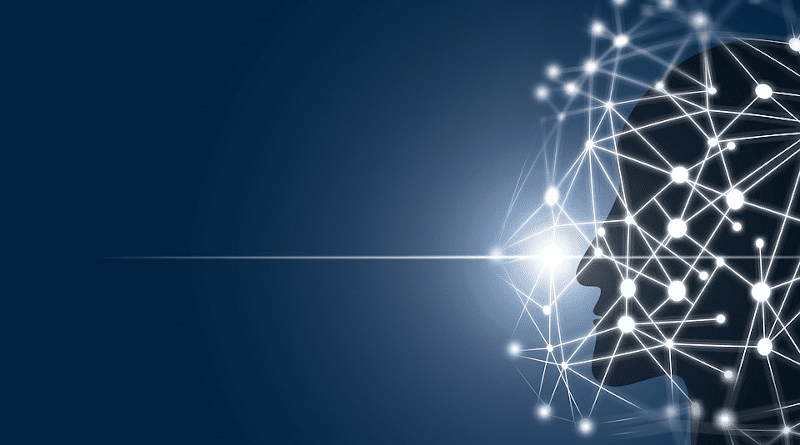Age Of Social Media – OpEd
Social media are technologies that allow users to share a wide variety of information, including videos, images, and text. It facilitates the sharing of ideas and moments amongst friends, family, and individuals with similar interests. About 4.3 billion people across the world use social media on a regular basis, and they do it for a variety of reasons, including sharing memories and information. Leaders, artists, and other well-known people make use of these resources to connect with their supporters and admirers. Even if you are a separate brand, you may still utilise social media for promotion. In other words, forums may have an impact on public opinion.
It is possible to see how social media may be used in a positive way, such as helping individuals without a voice to speak out. They have morphed into a platform for spreading misinformation and false news at the same time. With social media, the political elite of many nations have been able to influence their constituents, even those in the developing world. NSAs, on the other hand, have not fallen behind in the race and have used the same path to reach their target populations. Most of these sites were utilised for recruiting and networking, as well as training and influence, a research found.
Around 70 nations have used social media platforms to influence the population to accomplish their desired national and foreign policy objectives, including major western and Arab countries as well as India in South Asia. The political elite and NSAs have long leveraged the multiplier effects that may be generated by these forums to further their own political ends, whether in the developed or developing countries.
This means that social media platforms are able to influence and control the behaviour and psychology of people, groups or countries. Because users are sharing so much personal information, it is a good place to look for clues about how people behave because they can track and analyse the data they post. Psychological and information operations have been used by state actors to undermine the morale of their adversaries.
The majority of people in third-world nations are uninformed of the dangers of social media and how it may be used by hostile groups to achieve their goals. According to reports, social media firms such as Facebook, Twitter, and Google have sold users’ personal information to government authorities, which breaches their basic right to privacy. Furthermore, social media is a major problem since it does not adhere to journalistic standards or norms and spreads fragmented views like populism.
Among Pakistan’s 50 million social media users, 18 percent are between the ages of 18 and 24, making them particularly susceptible to the spread of false news and propaganda, according to a recent study. Pakistan’s social media users are being targeted by hostile agencies in an effort to sow turmoil and instability.
The internet is typically marketed as a place where anybody may share their thoughts, opinions, or beliefs without fear of repercussion, which has led to a lot of people misusing it. Individuals have attacked religious feelings in the name of freedom of speech. Fake stories and propaganda are sometimes used by dissenters for political reasons.
Educating users about the dangers of social media sites is critical, and initiatives to that end should be launched immediately. One must also agree on certain morale grounds and ethics of social media use before combating propaganda and false news.
There is a substantial responsibility for international organisations and watchdogs to play in controlling the abuse of social media, since non-state actors are using these venues to spread their radical views. As a result, this is a worldwide issue, not just a problem for a single age or a single country.
Even while social media has many advantages in the digital age, it is a truth that it is producing social instability, an uncivilised culture, false news, and manipulation since there are no laws, regulations, or even an agreed-upon ethical code. International accords are needed to manage the uncontrolled social media monster, hence it is of the highest significance
The author holds an M.Phil from National Defence University and freelance writer and can be reached at [email protected]

